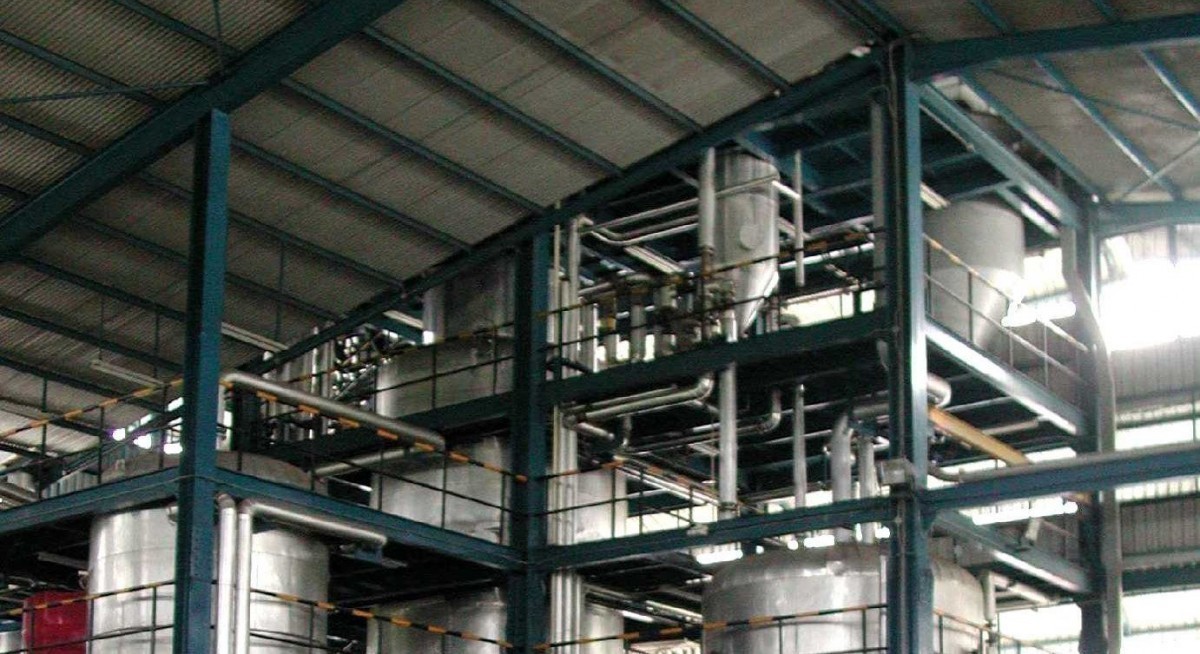The proposed pilot plant will utilise Swiss global technology provider Sulzer's bioflux technology and Apeiron Bioenergy, Asia's largest used cooking oil (UCO) collector, will provide the waste feedstock by establishing a sustainable UCO collection ecosystem.
Apeiron Bioenergy will work with SEDC to establish UCO logistics, storage, and traceability systems, having been in the biofuel industry for 17 years. The company is headquartered in Singapore and features a value chain that includes collection and storage, processing facilities, and biofuel refineries. Since 2016, Apeiron has supplied over 1 million metric tons of UCO for biofuel production.
“This initiative reflects Sarawak’s intent to contribute meaningfully to global aviation decarbonisation efforts, while building domestic capability in clean fuel manufacturing,” said Sulzer.
The memorandum of understanding (MOU) signed by SEDCE and Apeiron Bioenergy seeks to “explore and potentially develop a sustainable UCO collection ecosystem in the region,” the SEDC states.
See also: Saudi Arabia explores giant jet purchase from Airbus, Boeing — Bloomberg
In turn, Oiltek says it is “confident” in its ability to make the SAF plant a “flagship success” in Sarawak.
Since 2019, Oiltek has also designed and built a palm oil mill effluent (POME) oil treatment plant, which refines crude POME oil into high-quality feedstock supplied to leading global hydrogen vegetable oil producers in Singapore and Europe.
However, in a separate release issued on the same day, Oiltek executive director and chief executive officer Henry Yong stressed that no definitive agreements have been entered into, and no formal plans have been finalised or approved by the board.
See also: Boeing to cut around 300 defence supply chain jobs — Bloomberg
The push for sustainable fuel
The International Civil Aviation Organisation (ICAO) has mandated that airlines meeting specific criteria monitor and report their emissions, and offset any increases above a 2019 baseline. This is achieved by purchasing carbon credits or utilising sustainable aviation fuels.
By 2027, the carbon offsetting and reduction scheme for international aviation mandate (CORSIA) will be enforced for all international flights including travelling to and from countries that had not volunteered for the early phases.
About 60% of total international aviation CO2 emissions are currently covered by the scheme and this is expected to increase to around 85% with the participation of large economies, like China, Brazil and India by 2027.
“With Sarawak aiming to be the future energy hub, the SAF plant will serve as a strategic positioning towards its continuous growth in the region,” says SEDC.
As at 4.56pm, shares in Oiltek are trading 2.5 cents higher or 4.46% up at 58.5 cents.




